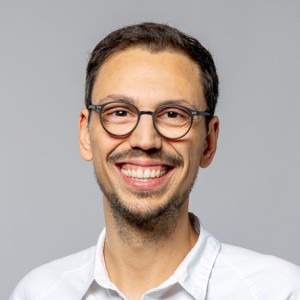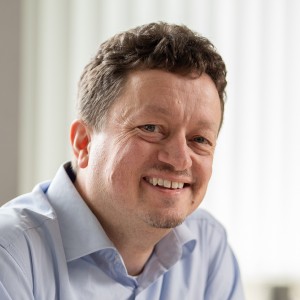When many quantum particles interact, they can organize themselves into highly entangled states with unexpected properties that transcend those of the individual constituents. Such many-body quantum states are extremely difficult to predict theoretically and study experimentally, despite a complete understanding of the underlying interactions. They host a plethora of emergent properties that are at the forefront of research in quantum matter.
The central goal of RU-F is to experimentally realize tailored quantum materials and custom-designed many-body systems, to understand quantum phases of matter, to develop methods for controlling their properties, and to establish theoretical tools for their modeling.

Topological states of matter are particularly fascinating, since they can be used to host excitations such as anyons showing new forms of quantum statistics. Research in quantum matter bears great potential for transformative discoveries and holds promise for a new generation of electronic, spintronic and photonic devices with currently inaccessible functionalities.
The control and exploitation of entanglement, electronic interactions, and quantum fluctuations occurring on different time and length scales pave the way for the design and realization of systems with novel and unexpected functionalities.
Topologically ordered phases may allow one to devise novel surface properties and efficient couplings between different degrees of freedom. In custom-designed nanostructures and artificial systems, collective quantum effects may even allow us to tailor excitations such as skyrmions, merons, hopfions, compactons, and topological solitons for energy-efficient computing and novel concepts in optical communication.
To achieve its main goals, RU-F combines broad scientific expertise in quantum matter with a unique collection of state-of-the-art experimental techniques and facilities for materials preparation. It brings together researchers from experimental and theoretical physics, quantum information theory, mathematics, chemistry, and materials science. This joint approach is expected to lead to major advances in current quantum matter physics and to place Munich in an internationally leading position in quantum matter research in the long-term future as well.
RU-F Coordinators
Active Members in RU-F
Jonathan Finley
Semiconductor Nanostructures and Quantum Systems
RU-E Co-coordinator
Research Website
Wolfgang M. Heckl
Deutsches Museum Director General & Oskar von Miller Chair for Science Communication @ TUM
Website
































